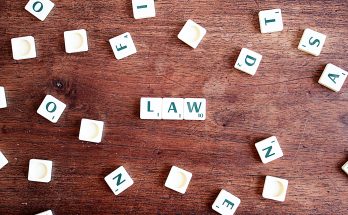If you have ever grown seeds, you will know the joy of seeing tiny plants emerge from the soil. Londoners have limited space and light, so not everyone can afford a large bag of compost or 200 tomato plants. Follow my advice and you will be almost guaranteed success in seed-sowing. Here are some dead certs for first-time sowers. You can grow flowers with nasturtiums and sunflowers, or with calendula (with its funky seeds). You can’t go wrong tomatoes, rocket, or radishes if you want to enjoy the fruits of your labor. Avoid seeds with onion and garlic sets, young strawberry plants, and seed potatoes. Where to buy seeds nowIts not too late — sustainably sourced seed options include:Tamar organics (tamarorganics.co.uk)Vital Seeds (vitalseeds.co.uk)Higgledy Garden (higgledygarden.com)Real seeds (realseeds.co.uk)When to sow Don’t sow everything at once. Sowing in small quantities will produce more fruit and flowers. The sowing season can extend through spring and into June. You can start slow growers like peppers, aubergines, and cosmos now. Even though squash, sunflowers, salad, and zinnias are slow growers, they can be started now. If you are growing seeds in pots indoors, it is important to place them as close as possible to the window. Most seeds can be started outside by the end of April. A mirror or tin foil behind the seeds will help promote even growth. If you’re really in the dark, grow lights can be an option but can be difficult to set up. READ MOREHow to garden if you rent: Top tips for gardeners with tenancies. What to buy based on length of tenancy. This helps to soften the seed coat. Additional nutrients, such as fertilisers, can lead to unwieldy growth, which is more susceptible to diseases, pests, and flopping. You’ll be able to grow stronger plants by limiting the amount of nutrients you give your plants in the beginning. This is why seed compost is sold. However, if space is limited, having a variety of soils is a luxury. Avoid sowing seeds in peat-free, multipurpose compost. Dalefoot Composts can make peat-free seeds and multipurpose compost in smaller bags. It is possible to recycle food packaging, such as plastic mushroom boxes and fruit punnets. You can also use cardboard egg boxes for fast-growing plants such as pumpkins. Modular trays are easy to use because each plant has its own cell. The 30-cell seed tray from plasticfreegardening.com is a bit more expensive than the plastic equivalent but it will last a lifetime.

